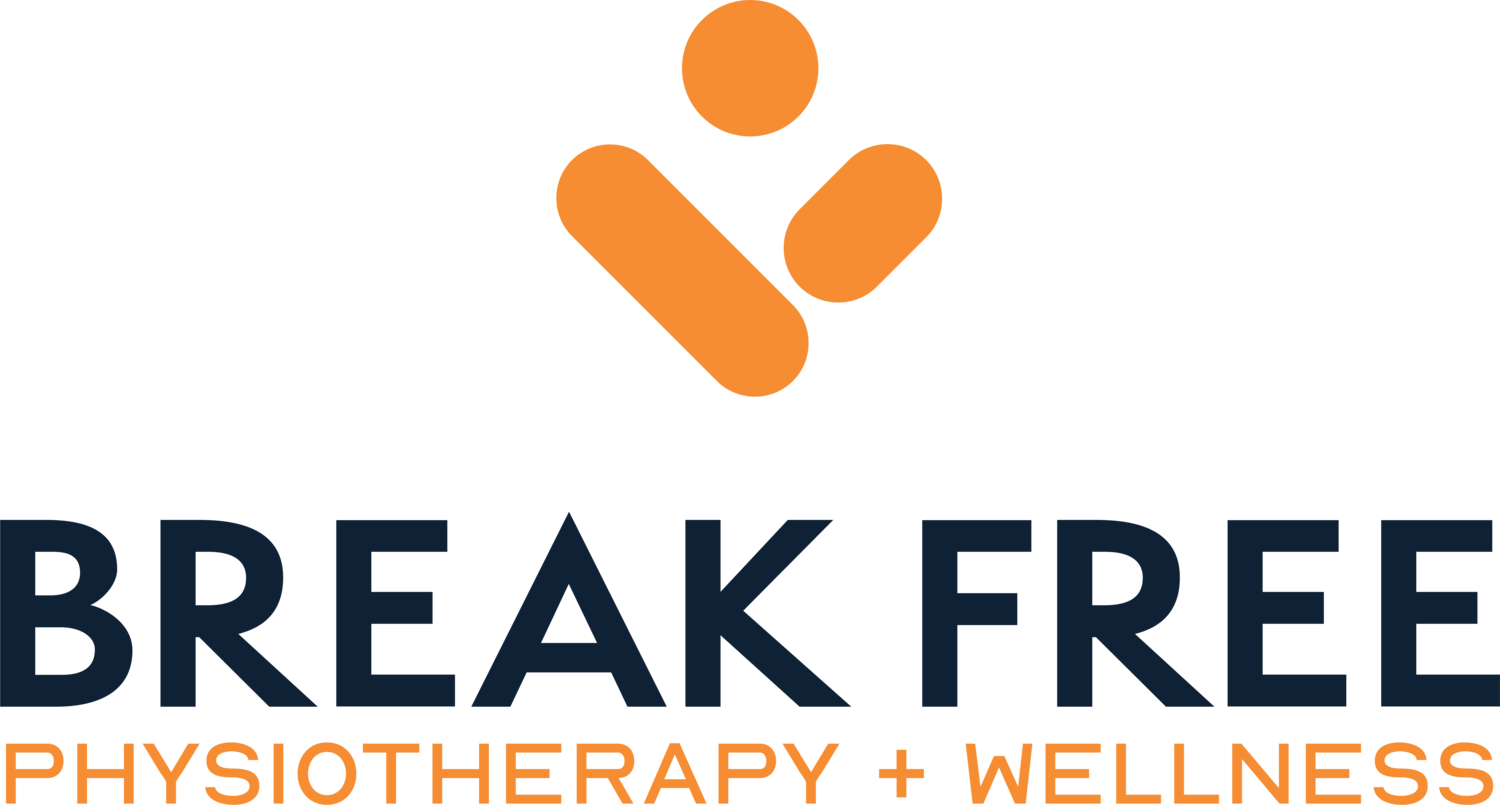Clicking and Jaw pain
My jaw clicks and hurts, help!
Have you ever experienced a clicking jaw? Or what about pain in your jaw with chewing? Have you ever woken up and your jaw is locked? I’ve recently had clients reporting a lot of these issues asking what it is and how this happens. Chances are you could be dealing with temporomandibular disorder (TMD).

(Depicted Blue)
The term “temporomandibular” is talking about the specific bones that connect to make the temporomandibular joint (TMJ).
The mandible fits in the groove of the temporal bone of your skull with a disc in between that cushions the two surfaces while they move. A muscle, called the lateral pterygoid, is attached to the disc and pulls it forward as the jaw opens allowing your jaw to open smoothly!
So why does my jaw lock, click and hurt?
The simple answer is that the disc moves way ahead of itself! Instead of moving with the lower jaw bone (mandible), it can get stuck!
What’s worse is it pulls something known as retrodiscal tissue into the temporomandibular joint space. Retrodiscal tissue has its own blood supply and nerves which cause pain when they are compressed, ouch!
The click or pop happens when the mandible has to return to the socket and slides past where the disc is caught.
What could have caused this to happen?
There are several potential causes stated in research:¹
Your bite! Dentists call this occlusion, which describes how your teeth come together. This included missing more than 5 teeth, a cross-bite or overbite.
Stress, anxiety and depression – Your mental health can cause tightness, spasms and even fatigue in your jaw muscles.
Hormones – TMD is four times more common in women because of hormones more dominant in women known as estrogen and relaxin which can cause ligaments to stretch more.
Trauma – People with whiplash will sometimes develop TMD because of injuries to the neck and facial muscles which help with chewing.
Teeth clenching and grinding – also known as bruxism. Can happen at night or during a stressful event. They also found that chewing lots of gum puts you at higher risk.
Being flexible – The more flexible you are, the more lax your ligaments, meaning your joints might be more mobile.
Articular Disc is caught, pulling sensitive retrodiscal tissue into the temporomandibular joint space.
So how do I fix it?
Your physiotherapist can perform a comprehensive assessment to check which neck and facial muscles are tight and weak. They can also look at the joints in your jaw to see how well they move and provide the right exercises to help you. At Break Free Physiotherapy, we are very keen on learning what activities or postures could be affecting your jaw and helping you modify them. At Break Free Physiotherapy, we might also use dry needling and acupuncture for immediate pain relief.
If you think you have TMD and need help, don’t hesitate to book an assessment with one of our skilled physiotherapists in London Ontario at the link here.
References
1. Chisnoiu AM, Picos AM, Popa S, Chisnoiu PD, Lascu L, Picos A, Chisnoiu R. Factors involved in the etiology of temporomandibular disorders - a literature review. Clujul Med. 2015;88(4):473-8. doi: 10.15386/cjmed-485. Epub 2015 Nov 15. PMID: 26732121; PMCID: PMC4689239.



